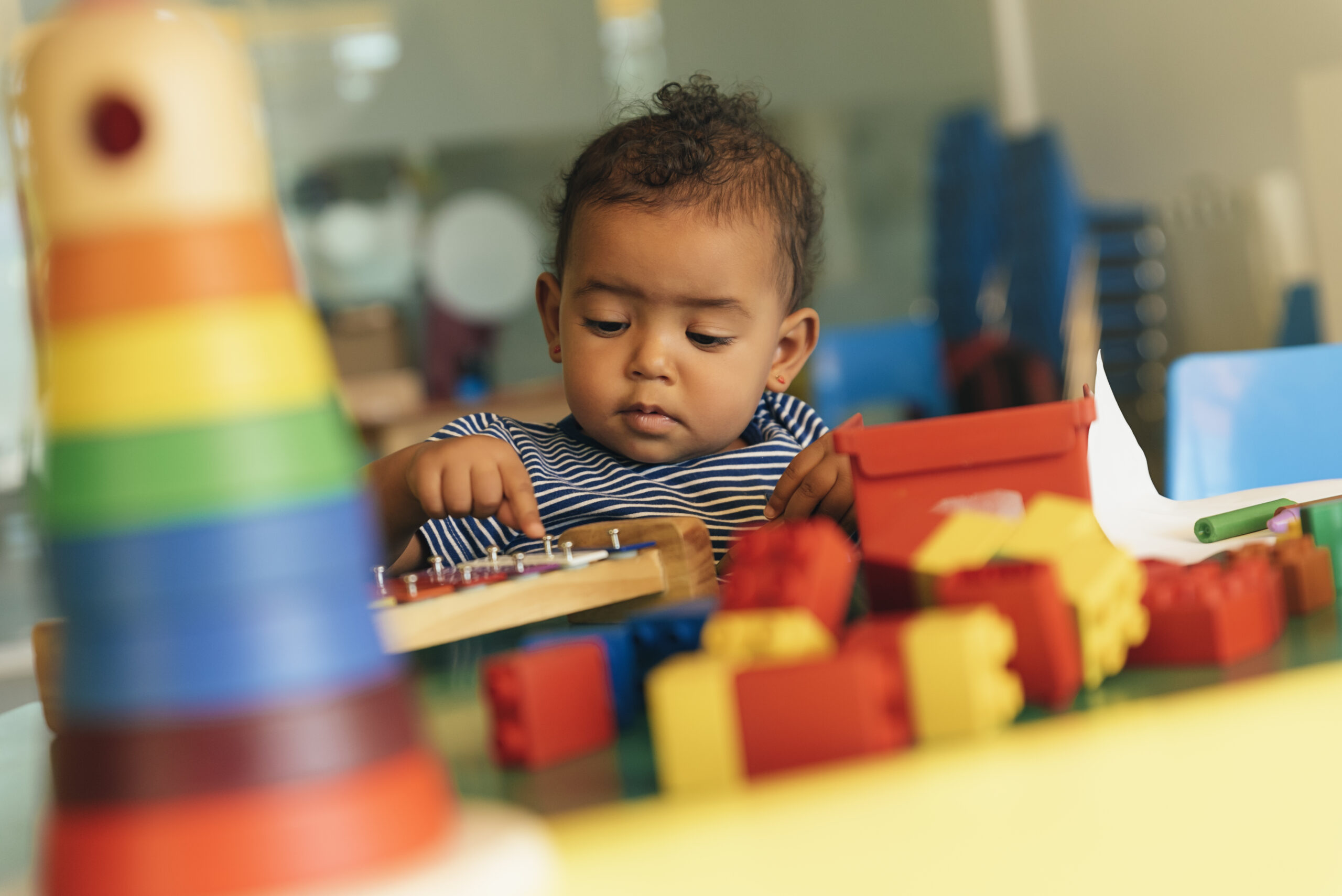In the United States non-familial early care and education have become normative experiences for children, birth to age five. Six million children under three and 66 percent of four-year olds are in non-family care or preschool (Hernandez, 2004; Planty et al., 2008). While preferences (e.g., center-based, family care) may vary many families, regardless of ethnicity, language or culture rely on some form of early care for their children. The demands of supporting a family and assuring, while they work, that their children are safe combine to make early childhood programs a necessity for parents. In addition, families may view education as a vehicle for the future success of their children and hence may seek out early education programs to help them gain a head start. But not all early childhood programs equally benefit children developmentally and educationally. Program quality varies low quality programs may place young children at-risk. High quality early care and education programs can help young children develop optimal cognitive, social, emotional, and physical capacities necessary for school success. The strongest effects of participation in high quality early childhood programs are reported for children in poverty, who are disproportionately from culturally, racially, and linguistically marginalized communities (Shonkoff & Phillips, 2000).








